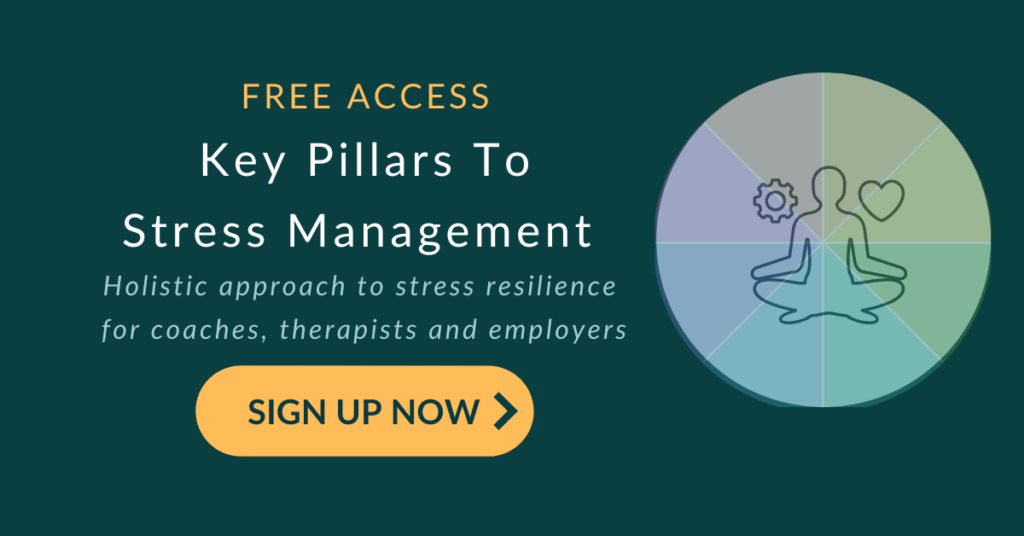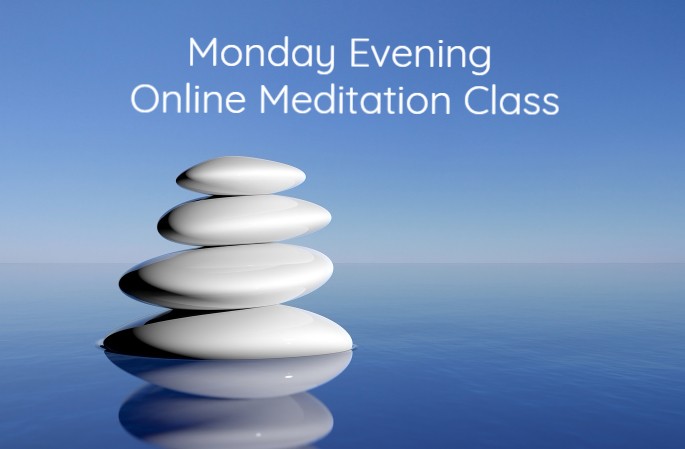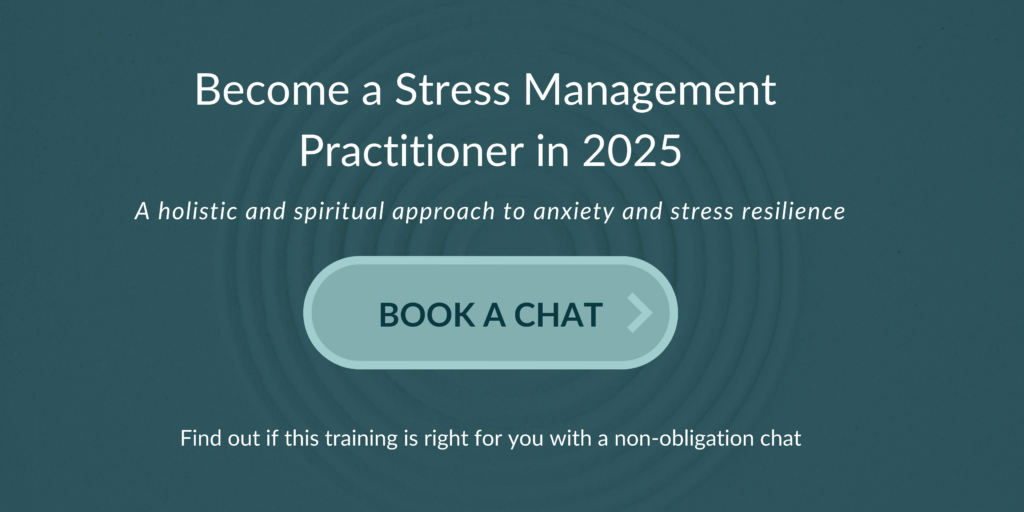Benefits Of A Person Centred Approach In Stress Management
Exploring the benefits of a more person centred approach in stress management, stress coaching and various forms of therapy. Some of the possible harms to clients when we don’t have a person centred approach.
What is a Person Centred Approach?
A person centred approach in stress management and stress counselling is where the therapist, coach or counsellor is congruent, has positive unconditional regard for the client or patient.
Where the therapist is genuinely empathetic and caring for the client or patient without any hidden agenda in relation to their own needs.
It’s basis comes from a do no harm approach, an individualised approach recognising that all clients are individuals with unique experiences and unique needs.
The Dangers Of Using A One-Size Fit All Approach
One of the biggest dangers of using one method, modality or one-size fits all approach in therapy, healing, counselling and stress management.
Is the client doesn’t always get the most suitable and effective treatment or stress management plan for them as an individual. And in some cases it can actually put their safety and wellbeing can be at risk.
Especially in clients who are suffering from trauma, chronic stress, chronic anxiety, are neurodivergent, have some sort of learning difficulty or complex health issues.
Approaches That Can Cause More Harm
Through the years I have met so many clients who experienced so much trauma at the hands of therapists lacking compassion, empathy or the wrong approach.
Sometimes the therapist is so keen to fix, rescue or heal, or prove that therapy is the best. That they lack any self-awareness, common sense, compassion, empathy and any objectivity.
As a client myself I have saw this a lot. No all approaches are ideal for all clients, some can cause very serious harm.
Narcissism In Therapy
Through the years I have had more than a few horrendous experiences with practitioners. One therapist gaslighted me so much in a session, that I began to question my own reality.
At the time I was feeling quite vulnerable, I was suffering from serious neurological issues, physical trauma and serious sensory processing issues after being in a coma.
And was also suffering a Herxheimer reaction from a late stage Lyme protocol. That meant all nerves and meridians in my body were very highly inflammed and painful.
Despite giving this information the therapist bullied me into using EFT I ended up with a horrendous seizure and ended up very ill for many months, due to even more stimulation to my nervous system and immune system.
Because she wasn’t trained in any other modalities more suitable to support me with she was promoting.
Therapists like this can be extremely dangerous on so many levels to clients, patients and the industry.
Some are so wounded as healers or therapists, they lack any sort of awareness and objectivity of what is truly best for the client. And where their skills or expertise starts and ends.
A Person Centred Practice
That is why there are so many advantages to a more person centred approach and person centred practice
Especially in clients who have chronic health challenges, have specific lifestyle issues, disabilities or unique challenges.
One of the most important basics in any form of therapy, healing, coaching or counselling is trust and safety. Without this a practitioner can cause the client all sort of harm, trauma and lack of trust.
This is especially important today when a more narcissistic culture and scapegoating is becoming normalised. And is rapidly taking hold of some aspects of the therapy and coaching world.
Where true integrity and compassion is getting lost. And everything is becoming the clients fault rather than the practitioner taking self-responsibility for poor practice, lack of awareness or lack of knowledge.
Sadly more and more clients are coming out out more damaged than they went in.
Dealing With Difficult Clients
Of course not all clients are easy to deal with, some clients are just simply not the right fit for us or even too challenging to treat or help. That is when it is so important to maintain healthy boundaries, be honest with ourselves and the client. Know when you should refer on a client or make some suggestions where they might get more appropriate help.
Unconditional Positive Regard
Equally it is important as therapists, coaches, counsellors and healers that we do have unconditional positive regard for our therapy clients.
This is a really basic skill that is not being taught or talked about enough. When a therapist or coach genuinely cares about their clients, they don’t see them as a pet project or a cash cow.
They are congruent about doing what is right for the client, about client empowerment and when appropriate getting the client get the most effective help that is right for them.






